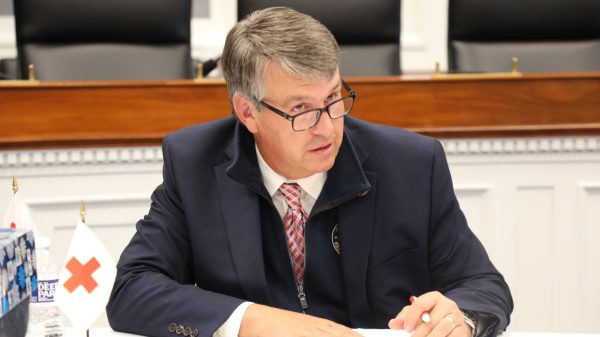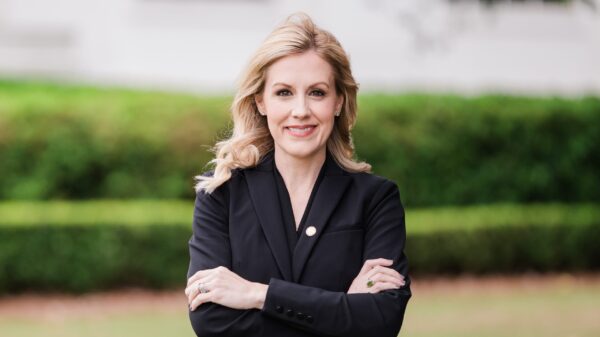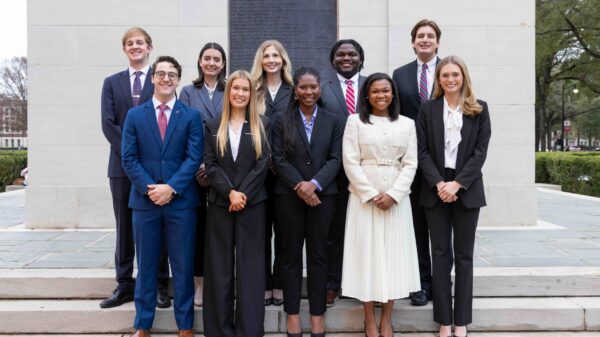Unless the U.S. Department of Agriculture extends a waiver program, set to expire at the start of school, thousands of Alabama’s schoolchildren without transportation to school and who are learning remotely could miss out on school meals.
U.S. Sen. Doug Jones, D-Alabama, and dozens of other senators on Wednesday urged the USDA to extend vouchers that provide critical meals to children during the COVID-19 pandemic.
“The COVID-19 pandemic has forced schools around the country to close their buildings and shift instruction to online and distance-learning models,” the senators wrote in a letter to USDA. “For many children, school breakfast and lunch may be the only healthy and regular meals they receive.”
The economic crisis caused by the COVID-19 pandemic has cost millions of parents their jobs, the senators wrote, and millions more students will be dependent on school-provided meals.
“School meal program directors must begin procuring food, equipment, and supplies and placing orders now in preparation for the upcoming school year,” the letter continues.
The waivers have allowed students to receive free meals when learning remotely, and the meals could be delivered to areas when transportation wasn’t available for students.
State Superintendent Eric Mackey during a press briefing hosted by Jones on July 24 said “we do not anticipate that waiver being extended by the United States Department of Agriculture.”
Mackey said those waivers allowed for the delivery of meals to students who couldn’t come to school to pick the food up, and it allowed for the serving of bulk items, such as milk by the gallon. That all goes away if the USDA does not extend the waivers, he said.
“Essentially, they will have to come to school to get the meals,” Mackey said.
Mackey said last week that about half of the state’s K-12 students will be learning remotely for a period of time once school begins.
The senators are urging the USDA to extend those waivers to help ensure low-income students can get school-provided meals throughout the upcoming school year. The senators also called on the USDA to reimburse schools for the transportation costs for delivering meals to low-income students.
“While many school meal programs are managing these costs for the time-being, they cannot continue absorbing them for the foreseeable future. We ask that the USDA make additional funds available to schools to assist with the cost of delivering meals to low-income students until regular school operations are restored,” the letter continues.
Senators in the letter asked the USDA to extend the following waivers:
- Unexpected School Closures Waiver
- Afterschool Activity Waiver
- Fresh Fruit and Vegetable Program Parent Pick-Up Waiver
- Waiver of Child Nutrition Monitoring
- Waiver of Food Management Company Contract Duration Requirements
- Waiver of Local School Wellness Assessments
- Area Eligibility Waiver
- Summer Food Service Program (SFSP) and Seamless Summer Option (SSO) Waivers


















































